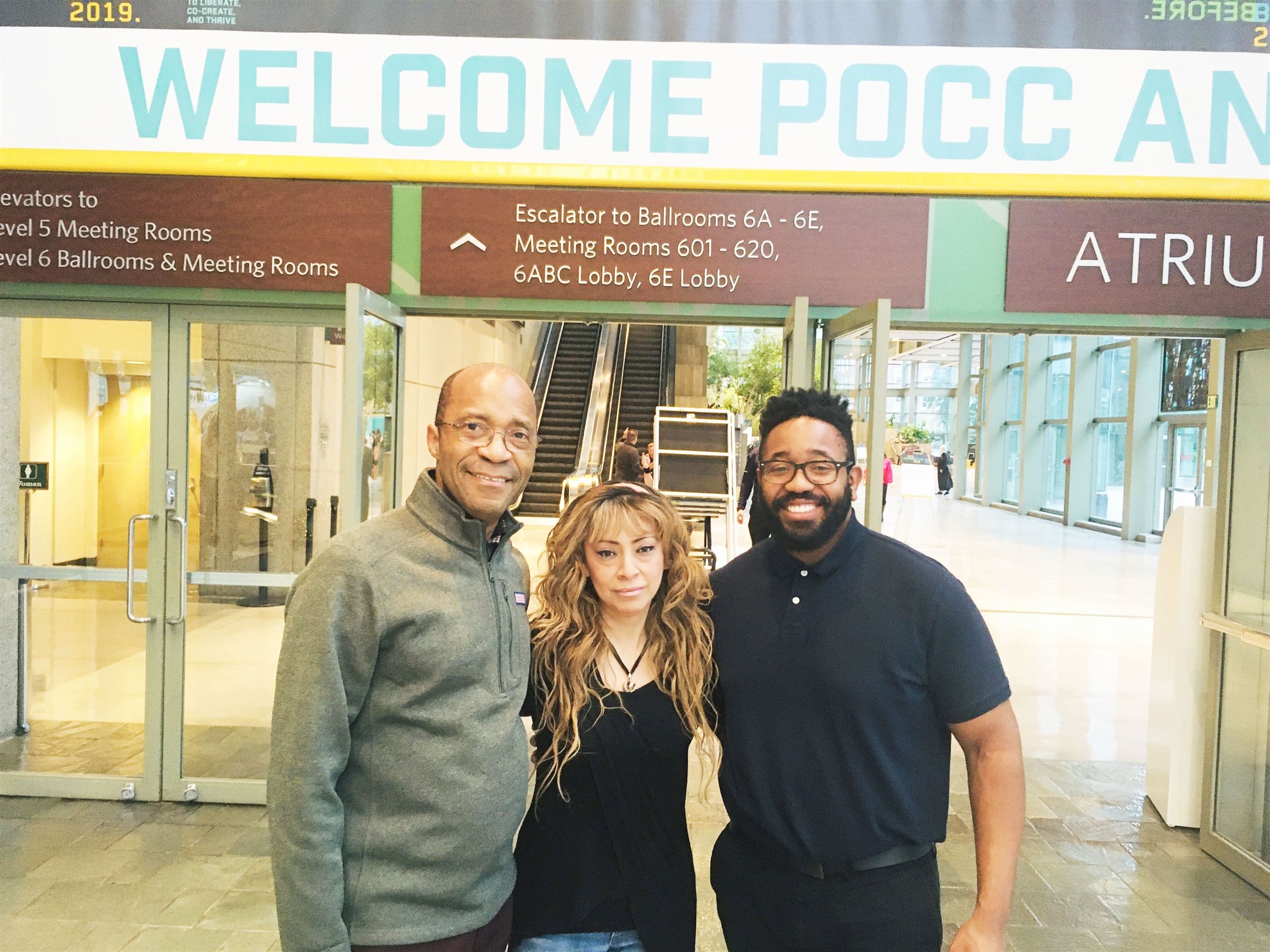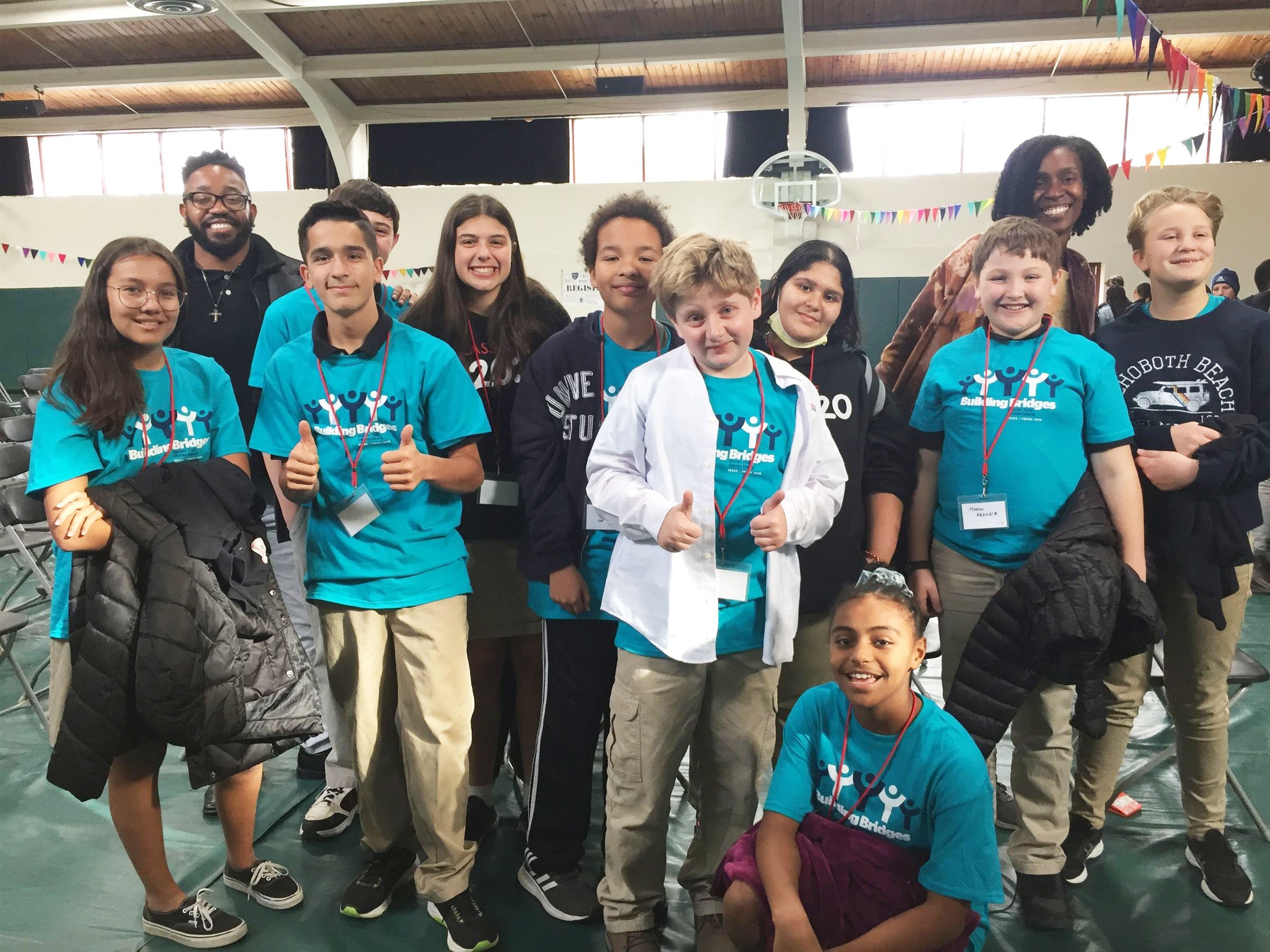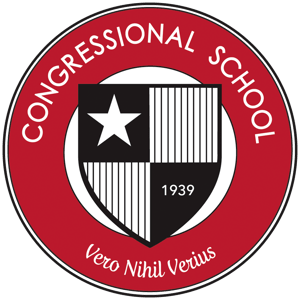A Look at Diversity, Equity, and Inclusion
Below is a look into different aspects of our Diversity, Equity, and Inclusion work at Congressional.

Diversity, Equity and Inclusion Committee
It has been great to see a burgeoning interest in the Diversity, Equity, and Inclusion Committee (DEIC) this year. The committee, which meets monthly during the school year, has a mission to partner with the broader Congressional community—past, present, and future—to recognize, respect, engage, and celebrate the individual differences and identities represented in our community. Meetings are open to everyone, and Committee members have organized themselves into workgroups each with its own charter and goals. The students have also formed their own version of DEIC called LEAD, Leaders for Equity, Advancement, and Diversity and the group meets often to talk about student perspectives relating to diversity, equity, and inclusion.
Coordinating the committee’s meetings and work is Dr. Silvia Moore, Director of Learning Center and Tinelle Davies, Human Resource Director. They also facilitate a Moving It Forward (MIF) group made up of faculty and staff who meet regularly to plan the DEIC meetings. A discussion about Congressional’s DEI work featuring Dr. Moore and Mrs. Davies with four faculty and parent DEIC members was published as a podcast in February.
“We need to prepare our students with the skills and knowledge to live and work successfully in a diverse and globally connected world. We need to include this knowledge and these skills as critical requirements in the hiring process, infuse them into our curriculum, demonstrate them in our demeanor and interactions and on a personal level.” - Dr. Silvia Moore, Director of Learning Center

People of Color Conference
In early December, two faculty members joined Dr. Gordon at the National Association of Independent School’s (NAIS) Annual People of Color conference in Seattle, Washington. The conference is described as the “flagship of the National Association of Independent School’s commitment to equity and justice in teaching and learning.” Over 7,000 students and educators attended the conference.
“The People of Color Conference was a great opportunity that allowed me to be in a community of other educators with similar experiences. As a minority in an independent school, I was able to not only fellowship with other minorities who were accomplished in their respective fields, but I was able to learn more about how to implement equitably based changes in independent institutions. There is a real need for authentic, cultural sensitivity in our schools and this conference lit a fire in me to press in that direction.” - Desmond McGlone, Middle School Math Teacher

LEAD (Leaders in Equity, Advancement, and Diversity)
Newly formed this year is our middle school LEAD (Leaders for Equity, Advancement and Diversity) committee—the student version of our Diversity, Equity, and Inclusion Committee (DEIC). Lead members strive to educate and challenge each other as peers in the areas of understanding and inclusion. The purpose of the group is to collect middle school student perspectives to then share with the DEIC and the student body to make sure all perspectives are being considered.
There are about 25 middle school students involved in LEAD and they have autonomy to manage their discussions based on issues they want to discuss. “We work with the students to help them build listening skills,” says Desmond McGlone, middle school math teacher.” We encourage them to engage in dialog that is respectful. We want them to be change agents and social justice advocates and to see the perspective of different sides of society,” he says.
Rebecca Ginnetti, school counselor, says, “LEAD provides a safe space for students who are interested in social justice to engage in conversation around issues of diversity to promote respect and awareness. They are committed to making a difference here at Congressional.”
“Students promoting diversity and understanding different cultures is crucial to any school environment, and that is exactly what LEAD does. LEAD ensures that the students of Congressional are informed about different cultures and people who are different than us. In order for students to respect different races, cultures, identities, etc, they need to understand them first.” - Vabees Qudus ‘20, LEAD Executive Board
“LEAD is important to our Congressional Community because it lets students be involved in actively making our community a better, more inclusive place.” - Kamryn Sauri ‘21, LEAD Executive Board

Congressional School
Preschool - Grade 8 Private School






